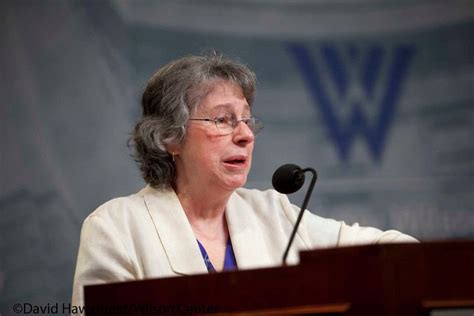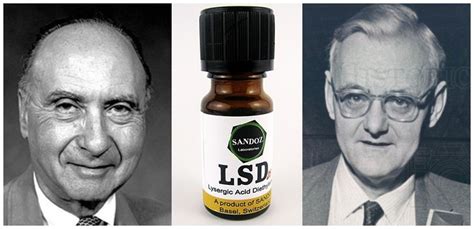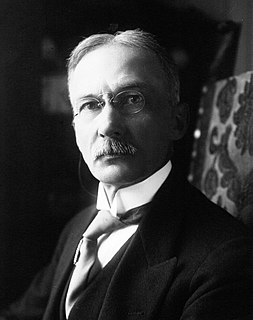A Quote by Noam Chomsky
There is undoubtedly much to learn about the social uses of language, for communication or for other purposes. But at present there is not much in the way of a theory of sociolinguistics, of social uses of languages, as far as I am aware.
Related Quotes
There is a narrow class of uses of language where you intend to communicate. Communication refers to an effort to get people to understand what one means. And that, certainly, is one use of language and a social use of it. But I don't think it is the only social use of language. Nor are social uses the only uses of language.
With so much reading ahead of you, the temptation might be to speed up. But in fact it’s essential to slow down and read every word. Because one important thing that can be learned by reading slowly is the seemingly obvious but oddly underappreciated fact that language is the medium we use in much the same way a composer uses notes, the way a painter uses paint. I realize it may seem obvious, but it’s surprising how easily we lose sight of the fact that words are the raw material out of which literature is crafted.
That atomic energy though harnessed by American scientists and army men for destructive purposes may be utilised by other scientists for humanitarian purposes is undoubtedly within the realm of possibility. ... An incendiary uses fire for his destructive and nefarious purpose, a housewife makes daily use of it in preparing nourishing food for mankind.
I think the use of language is a very important means by which this species, because of its biological nature, creates a kind of social space, to place itself in interactions with other people. It doesn't have much to do with communication in a narrow sense; that is, it doesn't involve transmission of information. There is much information transmitted but it is not the content of what is said that is transmitted.
The theory of social contracts extends as far back as Plato. However, it was the great 18th century social philosophers John Locke, Thomas Hobbes, and Jean-Jacques Rousseau who brought the concept of a social contract between citizens and governments sharply into political thinking, paving the way for popular democracy and constitutional republicanism.
Fame is fun, money is useful, celebrity can be exciting, but finally life is about optimal well-being and how we achieve that in dominator culture, in a greedy culture, in a culture that uses so much of the world’s resources. How do men and women, boys and girls, live lives of compassion, justice and love? And I think that’s the visionary challenge for feminism and all other progressive movements for social change.




































